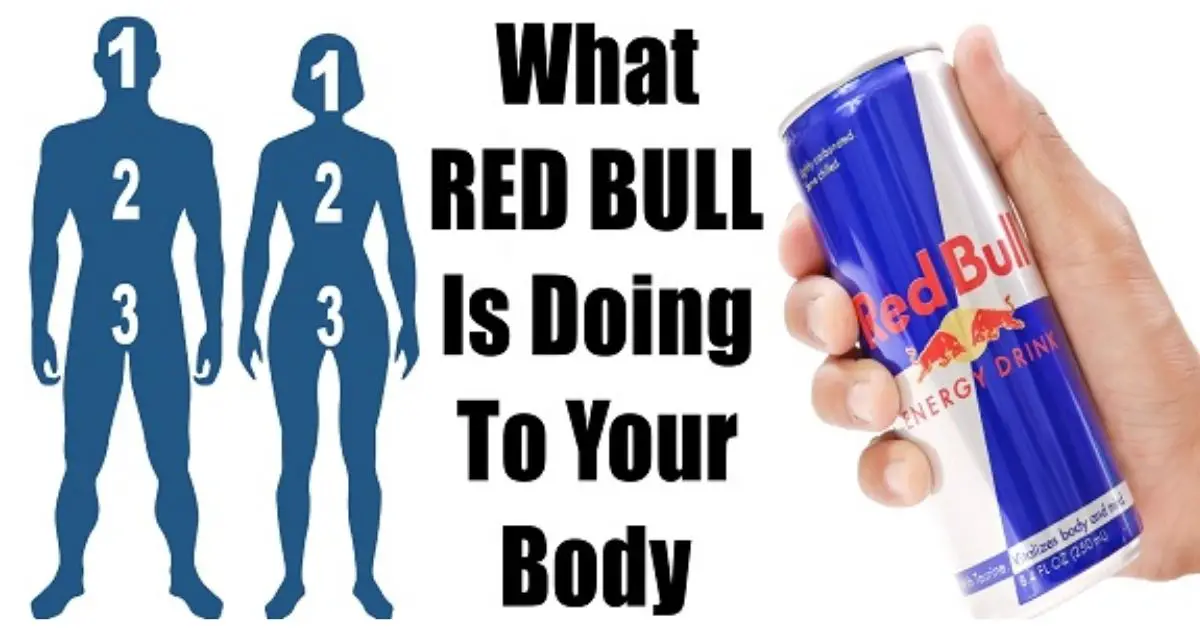People seem to abuse energy drinks lately, wishing to boost their mental performance and concentration. Some come in a carbonated form and most of them contain lashings of sugar or sweeteners, making a can of energy drink to be a potential ticking bomb in the shape of a sweet, soft drink. While there are a myriad of brands with a variety of energy drinks advertising their alleged memory, concentration and alertness enhancing powers, you might want to stop and read this article before you pop your next energy drink can.
Unlike naturally caffeinated beverages such as coffee or tea, a can of energy drink contains high amounts of caffeine and taurine. It is considered safe for a healthy adult to ingest up to 400 mg of caffeine a day, and 250 ml of Red Bull contain about 80 ml of caffeine. When more than 400 mg of caffeine is consumed, typical adverse effects appear which include, yet are not limited to increased agitation, irritability, sleeplessness, problems with the regular rhythm of the heart (arrhythmia), increased urination and dyspepsia. It is important to note that these adverse effects are recorded in a generally healthy individual, while in any other adult with underlying health conditions can lead up to stroke and a cardiovascular event, such as a heart attack.
This is the key to understanding why it is rather unwise to combine any energy drink, which is basically a stimulant; with an alcohol, which is essentially a depressant. Having a mixture of an alcohol with an energy drink is a massive shock to your organism, usually presenting with an increased heart rate and unusually noticeable strong, rapid and/or irregular heartbeat known as palpitations and repetitive exposure to it could result in a serious heart condition. Furthermore, alcohol and energy drinks are both diuretics, causing your body to lose water faster than usually, so it is crucial to stay well hydrated and always remember to drink 2 glasses of water with each alcoholic beverage you have.
The high concentration of taurine might be the cause of another concern, yet a 2008 review concluded that the amount of taurine limited to one can of any popular energy drink is below the amounts that are expected to cause an adverse event or even a therapeutic benefit (meaning that the claims of the companies that taurine will also enhance your physical performance are once again unfounded). The same review, however, concluded that the levels of sugar and caffeine found in energy drinks are known and confirmed to cause a myriad of adverse health effects and should raise concerns.
Moreover, a person rarely limits their energy drink intake to one drink a day and this is why more studies are necessary to understand not only the typically excessive, but long-term exposure to the ever-so-popular energy drinks and their ingredients.
Putting healthy individuals aside, the consumption of energy drinks is strongly discouraged in people with anxiety, hypertension, cardiovascular or blood clotting disorder and stress, as it will increase the risk of having a stroke or a heart attack. Having an energy drink while pregnant or breastfeeding is not advised as well.
Alas, the initial ban on energy drinks has been lifted, and as of 2014, all 28 member states of the European Union have Red Bull on sale. Yet another controversy follows this brand, after it allegedly caused a heart attack of two national squash team players in Kuwait, aged 16 and 21 respectively, and the sale of Red Bull has been restricted to people older than 16 ever since 2012.
Yet, one is strongly advised to exercise prudence and absolute moderation when faced with the decision to have an energy drink. And if you are in a desperate need to boost your concentration and sharpen your intellectual acuity, look no further than your lifestyle. Having a diet rich with vegetables and fruits, coupled with developing a healthy habit of maintaining a regular sleeping cycle will do wonders for your memory and mental performance.

